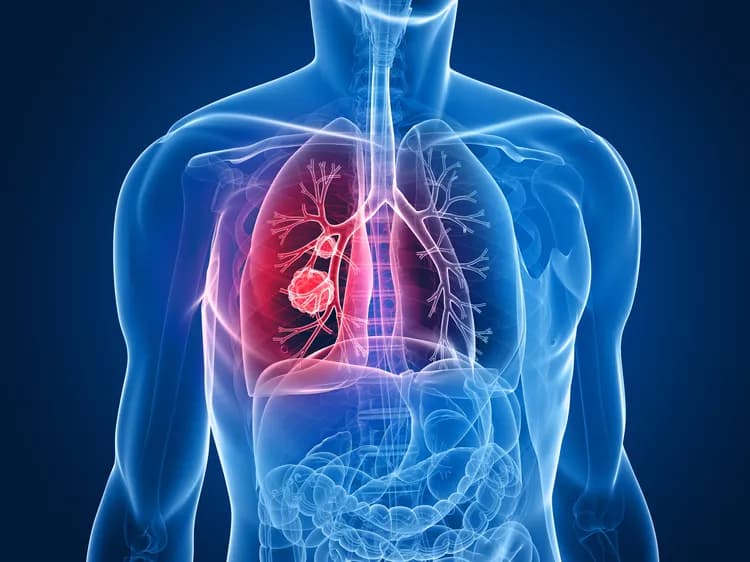
Biomarkers May Provide Early Warning Of Lung Problems In 9/11 Firefighters
Blood biomarkers appear to be an early-warning signal for the accelerated loss of lung function and airway obstruction in firefighters who responded to the World Trade Center disaster, according to new research published online in the Annals of the American Thoracic Society.
In "Blood Leukocyte Concentrations, FEV1 Decline, and Airflow Limitation: a 15-year Longitudinal Study of WTC-exposed Firefighters," researchers report on a study of 9,434 firefighters conducted from Sept. 11, 2001, to Sept. 10, 2016.
In the aftermath of 9/11, New York City fire department rescue and recovery workers exposed to the caustic dust at the site experienced high rates of lung injury and excessive loss of lung function. After 2002, lung function stabilized in a majority of those exposed, but some firefighters continuing to lose lung function at an accelerated rate while some improved, according to the authors.
"We have previously observed some of our patients were doing worse than others and performed this study because we wanted to understand factors that increased the risk for excessive lung function loss," said senior study author Michael D. Weiden, MS, MD, associate professor of medicine and environmental medicine at New York University and a New York City Fire Department medical officer. "These findings could motivate future research to find other treatments for this group with ongoing lung injury."
The study goal was to determine if these different trajectories were associated with blood concentrations of eosinophils and neutrophils, two types of immune cells that play a role in many respiratory diseases and are routinely measured during medical evaluations.
The study found:
- 12.7 percent of participants experienced accelerated FEV1 loss (>64 ml/year loss beyond expected), while 8.3 percent showed improvement in FEV1, the maximum amount of air that can be exhaled in one second.
- Both higher blood eosinophil (?300 cells/?l) and neutrophil (?4,500 cells/?l) concentrations were associated with accelerated FEV1 decline.
- 4,500 cells/?l were associated with a higher risk of accelerated FEV1
- Higher eosinophil, but not neutrophil, concentrations were also associated with airflow obstruction, defined as FEV1/FVC (Forced Vital Capacity, the air that can be expelled from the lungs after the deepest breath) <0.70.
- Individuals with accelerated FEV1 decline were more than four times as likely to have airflow obstruction as those who had expected FEV1 decline.
- In a subset of firefighters (4,303) who had blood counts before 9/11, there was an association between elevated eosinophil and neutrophil levels before 9/11 and afterwards, and those higher levels before 9/11 were associated with accelerated FEV1 decline.
The study adjusted for several factors, including age, race, length of Ground Zero exposure and smoking. There were significant interactions between smoking, eosinophil and neutrophil concentrations and FEV1 decline.
"After 9/11, about one in eight firefighters who worked at the World Trade Center had accelerated loss of lung function over the next 15 years," Dr. Weiden said. "Even in those who had never smoked we found that accelerated loss of lung function increased their risk of airway obstruction and COPD."
The authors said that this study may not be generalizable to another population exposed to caustic dust because of the massive nature of the exposure and the fact that the firefighters were overwhelmingly white men who had been healthy.
Find the report online at: http://www.thoracic.org/about/newsroom/press-releases/resources/wtc-and-lung-function.pdf
Materials provided by American Thoracic Society. Note: Content may be edited for style and length.
Disclaimer: DoveMed is not responsible for the accuracy of the adapted version of news releases posted to DoveMed by contributing universities and institutions.
References:
American Thoracic Society. (2017, November 3). Biomarkers may provide early warning of lung problems in 9/11 firefighters. Retrieved November 6, 2017.
Related Articles
Test Your Knowledge
Asked by users
Related Centers
Related Specialties
Related Physicians
Related Procedures
Related Resources
Join DoveHubs
and connect with fellow professionals

0 Comments
Please log in to post a comment.